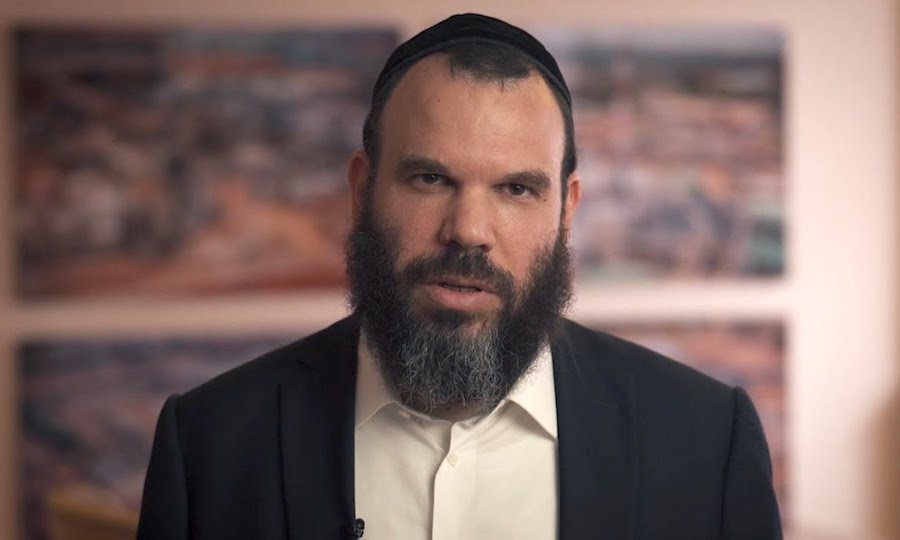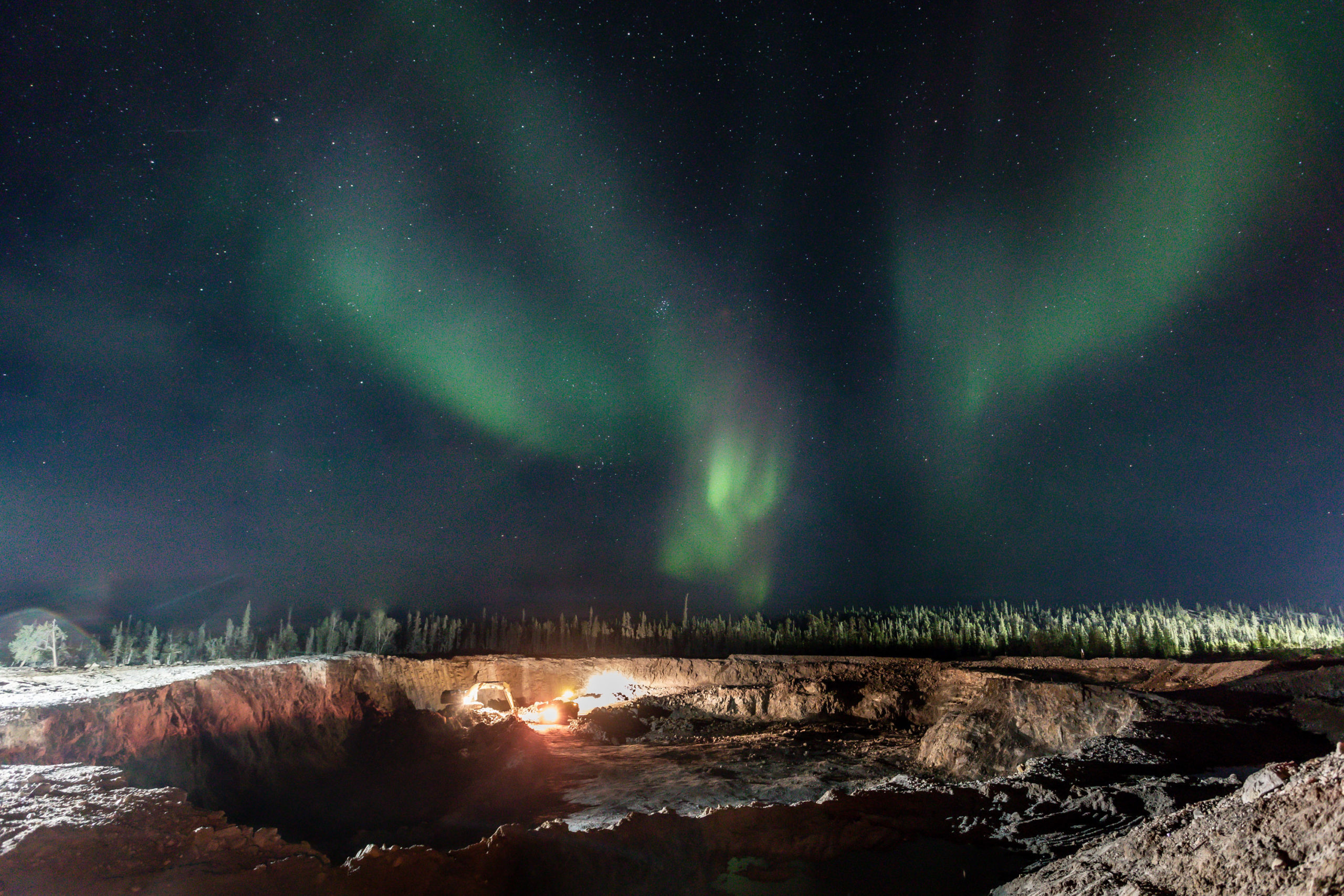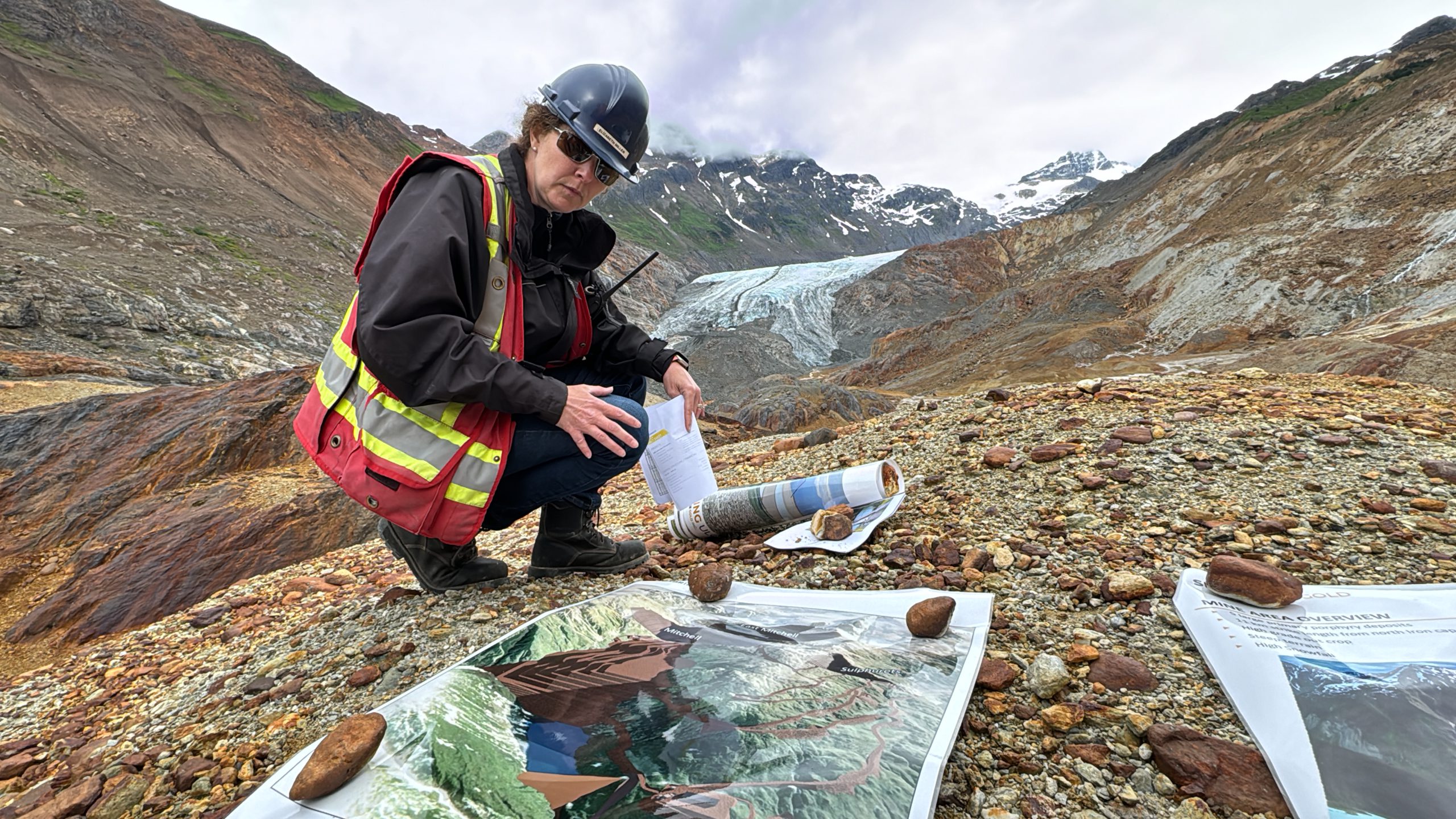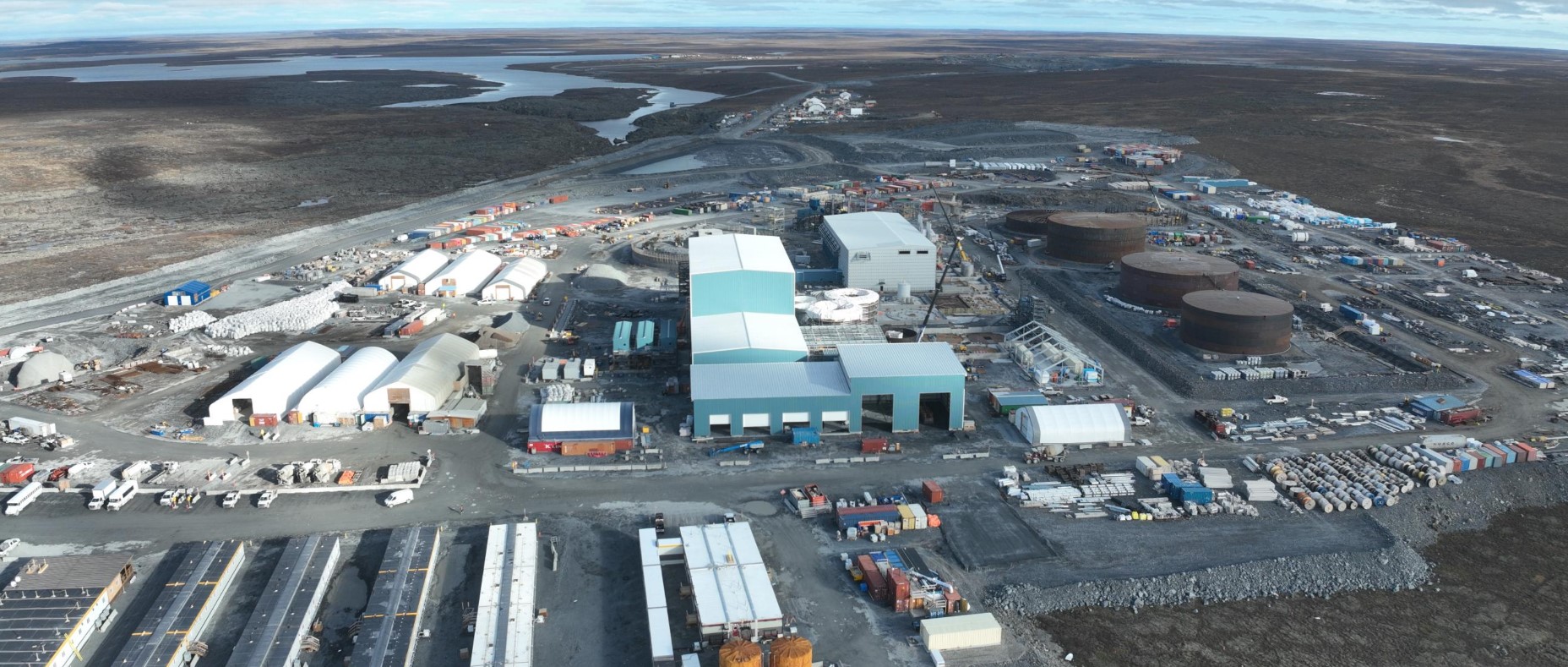Such sanctions prevented Gertler from doing business with US citizens, companies or banks, effectively barring him from doing transactions in dollars.
Under pressure from Democratic lawmakers and anti-corruption groups, the Treasury Department led by Secretary Janet Yellen officially revoked the special license on Monday.
Gertler, who is likely to have already moved at least some of the previously frozen money out of the US, has always denied any wrongdoing.
Alan M. Dershowitz, a lawyer and lobbyist who helped represent the mining magnate in the push for the rollback of the sanctions, said he was disappointed with the Biden administration’s action.
“This decision was done unilaterally without an opportunity for Mr. Gertler to present evidence that he has been complying with all the requirements and conducting himself properly,” Dershowitz said in a statement. “We are now in the process of considering all of our options.”
Advocacy groups welcome the news. “The reimposition of sanctions is an encouraging sign that the courageous actions of Navy Malela and Gradi Koko, two Congolese whistleblowers who first exposed apparent sanctions evasion by Dan Gertler, will not be in vain,” Margot Mollat, Campaigner at Global Witness, said in a statement.
“President Félix Tshisekedi can no longer remain silent in the face of the alleged role played by Gertler in diverting public revenues from DRC’s rich natural resource sector,” Mollat said.
“Middle man”
Originally a diamond trader, he amassed his fortune mostly by buying mining assets from the DRC state at greatly discounted prices, when his close friend and then President Joseph Kabila was still in office.
The billionaire acted as a middleman for sales of mining assets in the country, one of the world’s largest producers of copper and cobalt, making huge profits, according to the US Treasury.
It’s estimated that, between 2010 and 2012 alone, deals involving Gertler’s companies prevented Congo from getting more than $1.36 billion in revenues.
Gertler has exited many of his biggest investments in the DRC over the past five years. One of the most notorious deals was the one inked with Glencore (LON: GLEN), through which he sold the Swiss miner his stake in two projects.
Glencore, however, continues to pay Gertler royalties he retained following the sale, but it does so in euros rather than dollars to avoid US sanctions. The Swiss company has said the move sought to keep its access to valuable mining assets and lowered the risk of disruption to copper and cobalt supplies.
Glencore itself is the focus of a US Department of Justice’s probe into possible corruption and money laundering in a few jurisdictions, including the DRC.




